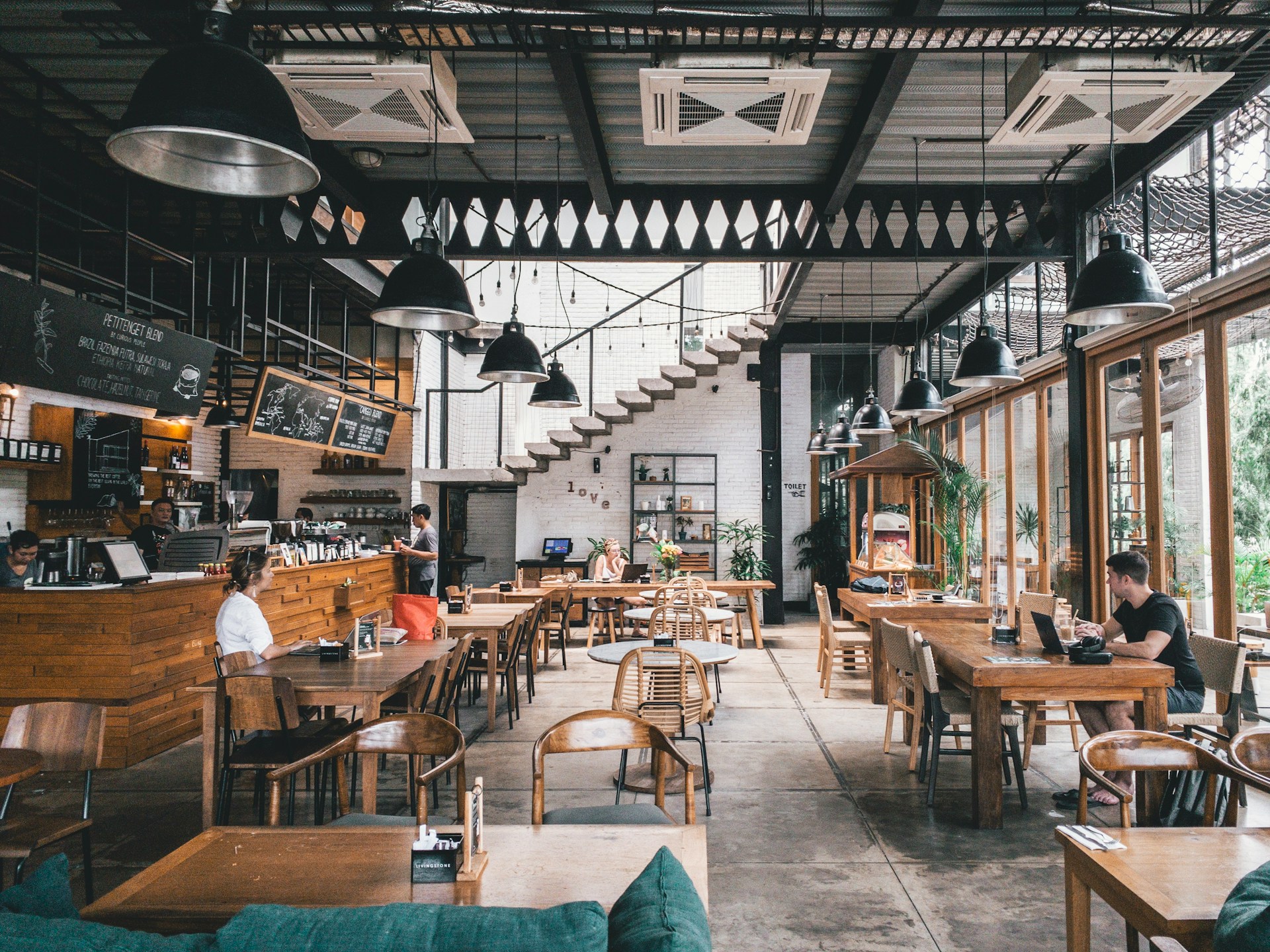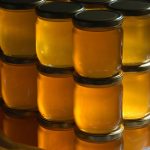Ultimate Guide to Heat and Stain Resistant Countertop Materials: Discover the Top Choices!
When it comes to choosing the perfect countertop for your kitchen or bathroom, several factors come into play, but two of the most critical are heat resistance and stain resistance. These attributes can make a significant difference in the durability and maintenance of your countertop. Here’s a comprehensive guide to help you navigate the best heat and stain resistant countertop materials available.
Understanding Your Options: A Brief Overview
Before diving into the specifics, it’s essential to understand the variety of countertop materials available. Here are some of the most popular options:
- Natural Stone: Includes granite, marble, and soapstone.
- Engineered Stone (Quartz): A composite of quartz crystals and resins.
- Solid Surface: Materials like Corian.
- Laminate: Made from layers of paper and resin.
- Butcher Block (Wood): Hardwood surfaces.
- Stainless Steel: Metal surfaces often used in commercial kitchens.
Each of these materials has its unique set of pros and cons, which we will explore in detail.
Natural Stone Countertops: The Classics
Natural stone countertops are renowned for their beauty and durability. Here’s a closer look at some of the most popular natural stone options:
Granite Countertops
Granite is one of the most durable natural stones available. Here are some key benefits:
- Heat Resistance: Granite is highly resistant to heat, making it an excellent choice for kitchens where hot pans and appliances are common.
- Durability: Extremely hard and resistant to scratches and wear & tear.
- Unique Look: Each slab of granite features distinctive veining and color variations, adding a unique touch to your kitchen.
- Maintenance: Requires periodic sealing to prevent staining, but this is relatively low maintenance compared to other natural stones.
However, granite can stain if not sealed properly, and it may require resealing every 3-5 years.
Marble Countertops
Marble is another popular natural stone, known for its timeless elegance:
- Appearance: Offers a classic and luxurious look, available in various colors, with white marble being particularly popular.
- Heat Resistance: Marble is sensitive to heat and can be damaged by high temperatures. It also requires special care to avoid acid etching.
- Maintenance: More high-maintenance than granite, as it is softer and more prone to scratches and etching. Regular sealing is necessary to extend its lifespan.
Other Natural Stones
Other natural stones like soapstone, limestone, and slate also have their own set of characteristics:
- Soapstone: Known for its heat resistance and stain resistance but is softer than granite and requires regular oiling to maintain its luster.
- Limestone and Slate: These stones are less common but offer unique looks and varying levels of durability and maintenance requirements.
Engineered Stone (Quartz) Countertops: The Low-Maintenance Alternative
If you love the look of natural stone but prefer a more low-maintenance option, quartz countertops are an excellent choice.
Pros of Quartz Countertops
- Durability: Extremely hard and resistant to scratches, dents, and chips.
- Stain Resistance: Non-porous, which means it won’t absorb spills or stains like natural stone.
- Low Maintenance: No need for sealing, and it’s easy to clean and maintain.
- Design Flexibility: Available in a wide range of colors and patterns, offering a uniform and polished look.
Heat Resistance of Quartz
While quartz is highly durable, it does have some limitations when it comes to heat resistance:
- Heat Sensitivity: Quartz can weaken over time with prolonged exposure to high temperatures. It’s best to use hot pads to protect the surface.
Solid Surface Countertops: A Cost-Effective Option
Solid surface countertops, such as Corian, offer a seamless and contemporary look.
Benefits of Solid Surface
- Low Maintenance: Easy to clean with mild soap and water, and it’s resistant to most household damage.
- Cost-Effective: Generally less expensive than natural stone or quartz.
- Design Flexibility: Available in many colors and patterns, and it can be molded into custom shapes.
Limitations
- Heat Sensitivity: Solid surface countertops are susceptible to heat damage and scratches, although they can be repaired.
- Less Durable: Not as durable as natural stone or quartz, and it lacks the depth and richness of color of these materials.
Laminate Countertops: Budget-Friendly but Less Durable
Laminate countertops are the most affordable option but come with some trade-offs.
Pros of Laminate
- Budget-Friendly: Significantly less expensive than other materials.
- Easy to Clean: Simple to wipe down with a damp cloth.
- Design Options: Available in thousands of colors and patterns, mimicking the appearance of stone.
Cons of Laminate
- Less Durable: Not as durable as other materials and can’t match their high-end look.
- Heat Sensitivity: Laminate can be damaged by hot pans and appliances, so it’s crucial to use hot pads and cutting boards.
Butcher Block (Wood) Countertops: A Warm and Natural Option
For those looking for a warm, natural look, wood countertops are a great choice.
Benefits of Butcher Block
- Warmth and Character: Adds a rustic charm to your kitchen.
- Eco-Friendly: A renewable and eco-friendly option.
- Easy to Repair: Can be sanded and refinished to remove scratches or stains.
Maintenance Requirements
- Regular Maintenance: Requires regular oiling and sealing to maintain its appearance and protect it from moisture.
Stainless Steel Countertops: Durable and Easy to Clean
Stainless steel countertops are often used in commercial kitchens but can also be a great option for residential use.
Pros of Stainless Steel
- Durable: Highly resistant to scratches, stains, and heat.
- Easy to Clean: Simple to wipe down and maintain.
- Hygienic: Ideal for kitchens where hygiene is a top priority.
Cons of Stainless Steel
- Appearance: Can look industrial and may not fit all kitchen designs.
- Noise: Can be noisy when placing items on the surface.
Comparative Table: Heat and Stain Resistance of Top Countertop Materials
Here’s a detailed table comparing the heat and stain resistance of some of the top countertop materials:
| Material | Heat Resistance | Stain Resistance | Maintenance Requirements | Durability | Cost Range |
|---|---|---|---|---|---|
| Granite | High | Medium | Periodic sealing | High | $50 – $150/sq ft |
| Quartz | Medium | High | No sealing required | High | $50 – $150/sq ft |
| Marble | Low | Low | Regular sealing | Medium | $70 – $200/sq ft |
| Solid Surface | Low | Medium | Easy cleaning | Medium | $50 – $150/sq ft |
| Laminate | Low | Low | Easy cleaning | Low | $20 – $50/sq ft |
| Butcher Block | Low | Low | Regular oiling | Medium | $30 – $70/sq ft |
| Stainless Steel | High | High | Easy cleaning | High | $50 – $100/sq ft |
Practical Insights and Actionable Advice
Using Placemats and Trivets
To protect your countertops from heat and spills, always use placemats and trivets. This is especially important for materials like quartz, solid surface, and laminate, which can be damaged by high temperatures.
Sealing Natural Stone
For natural stone countertops like granite and marble, regular sealing is crucial to prevent staining. This process helps protect the stone from moisture and spills, ensuring it remains in good condition over time.
Cleaning Your Countertops
Different materials require different cleaning methods. For example, natural stone and quartz can be cleaned with mild soap and water, while solid surface countertops should avoid harsh chemicals. Laminate countertops are easy to clean with a damp cloth, but avoid using abrasive materials that could scratch the surface.
Choosing the Best Material for Your Kitchen
When choosing a countertop material, consider your lifestyle and kitchen design. Here are some tips:
- Busy Kitchens: Granite or quartz might be the best choice due to their durability and low maintenance.
- Budget-Friendly: Laminate or solid surface could be ideal if you’re on a tight budget.
- Natural Look: Butcher block or natural stone like marble or granite can add a warm, natural touch to your kitchen.
Quotes from Experts
- “Quartz is resistant to scratches, dents, chips, and stains and you never have to reseal it. The only downside is it is a little more expensive than other options,” says an expert from JSB Home Solutions.
- “Granite is a tough material that resists scratching, staining, and heat damage, making it a top choice for busy households,” notes the Granite Empire of Louisville.
Choosing the right countertop material is a significant decision that can impact the functionality and aesthetic of your kitchen or bathroom. By understanding the heat and stain resistance of various materials, you can make an informed choice that suits your needs and lifestyle. Whether you opt for the durability of granite, the low maintenance of quartz, or the budget-friendly option of laminate, each material has its unique benefits and drawbacks. Remember to always consider your design preferences, maintenance requirements, and the specific needs of your space to find the best countertop material for you.











